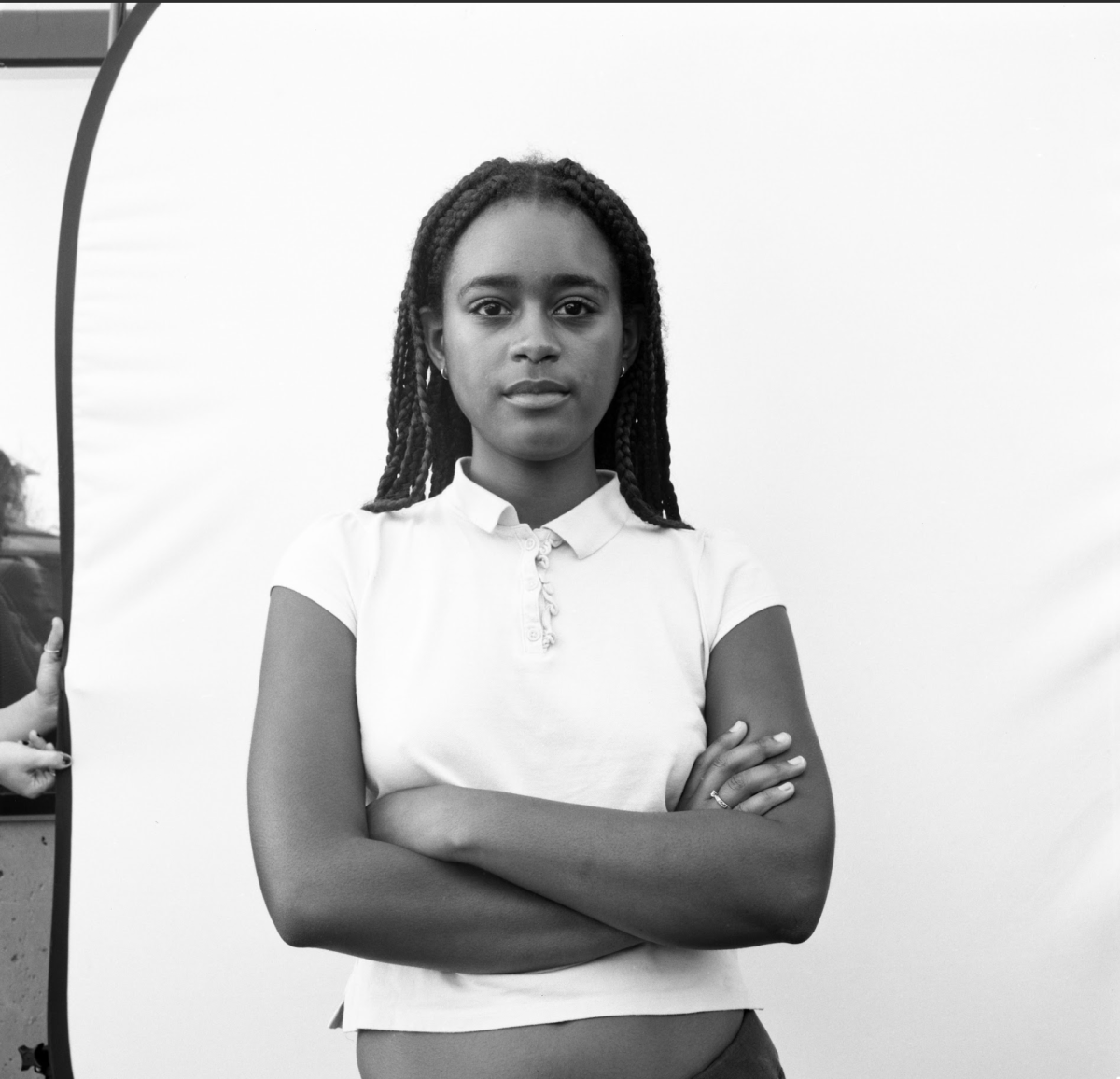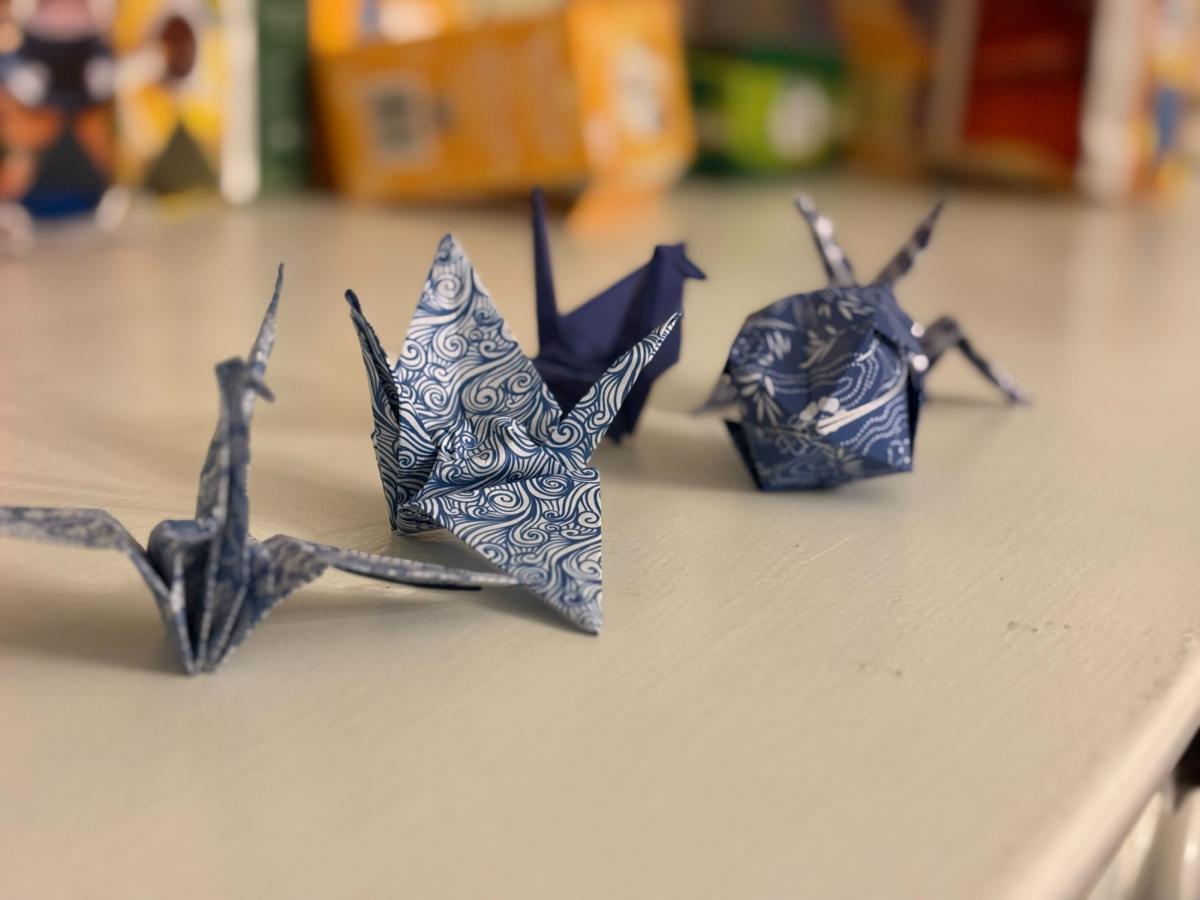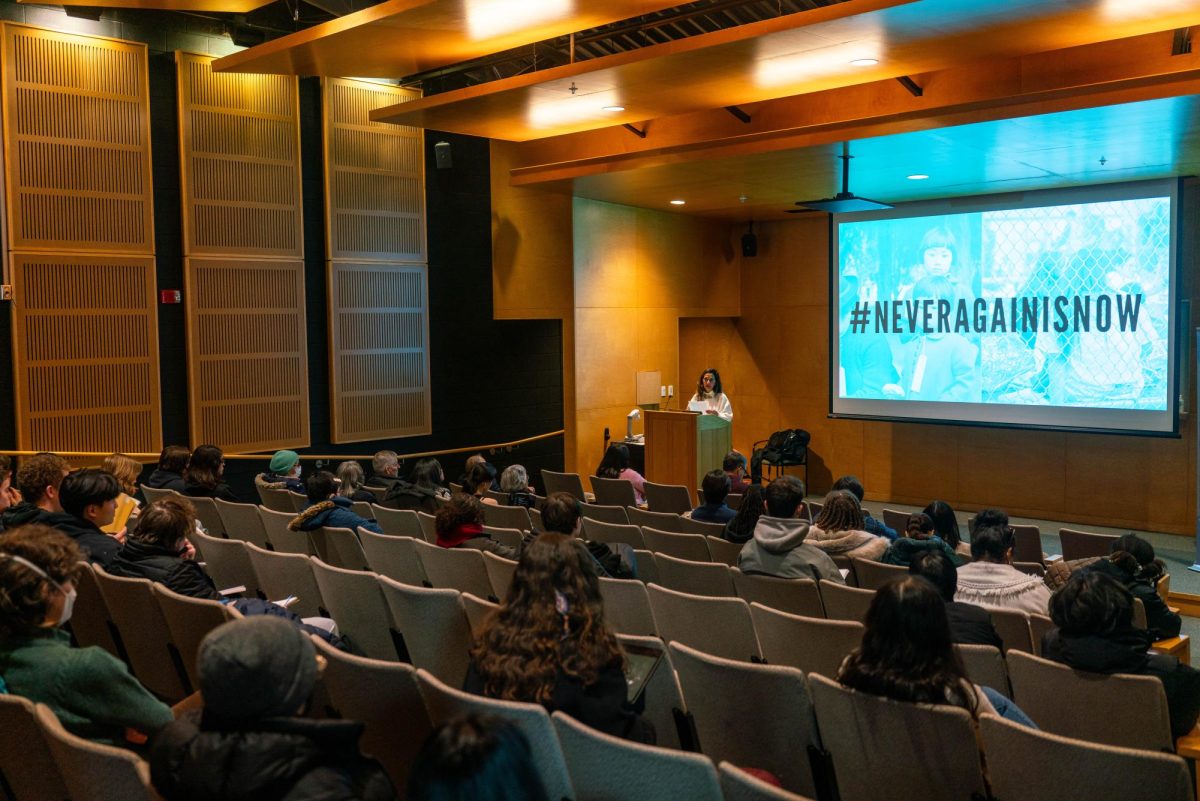Before coming to this event, I was dealing with the continuous stress of college life and of course the distress that comes with navigating the political state of the world. But as I entered “Building Sisterhood: A Forum of Black Women and Femme of Oberlin,” hosted by Sisters of the Yam, all of that stress fell to the back of my mind.
The event began with a speech by Farah Emeka, OC ’97, in which she shared what sisterhood means to her and in what ways sisterhood is manifested. She discussed the importance of cultivating sisterhood in Oberlin and in general, as it encouraged her to pursue her varying interests. Many different professors, mainly Black women who worked at Oberlin, recognized her and encouraged her to not limit herself, which led her to pursue her interests and aspirations both in and out of her field of study. That encouragement was fundamental to her, as she expressed it got her to where she is today, which is being the first Black woman to run for judge of the Oberlin Municipal Court. Emeka’s discussion covered something very vital: that we as Black individuals have a range of interests and gifts. For Black students specifically, these things are waiting to be expressed and the encouragement from other Black leaders gives us the drive to embrace those talents. The fact that the Black women speakers came from different walks of life was representative of that vital message.
The panel consisted of various Black women who have helped me in some way during my time at Oberlin. One panelist, Nikki Keating, even went out of her way to discuss my “achievements” in the face of her many accomplishments. Everyone took the time to recognize one another, and as Black women that often isn’t done nearly enough, so we create spaces to show appreciation which is healing. I appreciated that the Black women panelists and other Black female students were able to be fully recognized for their tireless work within the Oberlin community and elsewhere. As a Black woman, especially in academic institutional spaces, the odds are stacked against you. The strong support systems cultivated by Black sisterhood keep these women motivated to combat disparities, as stated by Professor of Theater and Africana Studies Caroline Jackson Smith and many others.
One of the panelists, College fourth-year Chemutai Ruto, brought up the importance of “finding women who are badly behaved,” and learning from them. That really resonated, as it’s vital to have Black women who are outspoken that can teach you about the importance of advocation, especially in the face of being degraded or overlooked. Black female leaders in our lives show us how to be “outspoken” and not just stand by and accept mistreatment. It’s vital to internalize avocation, since oftentimes as Black women our dreams are described as “too ambitious,” especially when we’re trying to enter spaces that are exclusionary. Speaking our minds might be difficult and oftentimes impossible. That’s why Black sisterhood is so vital; it reminds us that we have a voice that needs to come out. We see Black women in high places at Oberlin, which can help build the tools to advocate for ourselves or even advocate for younger Black women when they aren’t given the opportunity.
There are many Black women within different sectors of institutions. One of the panelists, Donna Russell, assistant dean for Student Support at the AARC, emphasizes the importance of seeing “people who look like me cross the stage.” She’s one of the many Black women leaders who demand that young Black students get opportunities to achieve and not be suppressed in any way. During treacherous times of feeling invisible within PWIs or dealing with feelings of self doubt, it is important to find that community that is filled with warmth and support that will act as a catalyst to move you forward.
Black women at Oberlin College work over time to both teach and mature Black female students. The growing community of Black women really helps soothe many Black female students. Doing multiple things to help cultivate a stronger community not only in the College but in different parts of the town, they do the work in making sure the younger generation of Black female students and Black individuals are seen, encouraged, and know what they deserve. But within that discussion of how much Black women do, there was an emphasis of needing to rest. Associate Professor of Africana Studies and Comparative American Studies Yveline Alexis discussed how everyone always runs to us as Black women to handle the major tasks within communities and institutions. We have to navigate that in the midst of stress surrounding the next four years, oppression, and historical trauma. This fact is especially apparent for Black female students specifically at Oberlin.
We need rest and comfort too; it shouldn’t all weigh heavily solely on us. This is why engaging in Black sisterhood is vital, as we have to continuously navigate intersectional adversity. Demanding space, time, and self care through sisterhood support is vital. It’s important to recognize academic stressors, jobs, and demand support if it’s not given in the first place. Oftentimes, worries enter the minds of many Black women of “Am I doing enough?”, “Am I intelligent enough?”, or, “Am I making myself seen?” Then, they are left carving out a space for themselves in exclusive institutions in society. All that shouldn’t be put on one person.; The cultivation of Black sisterhood calms those thoughts with encouragement created through shared experience. There’s a domino effect of caring for one another that starts with an older generation of Black women who dealt with similar challenges that are apparent today. Their support trickles down to the younger generation, then that generation supports the other generation, and so on. It’s a stunning cycle of care and support from Black women after they recognize a lack of support and go out of their way to create them.
I can’t help but appreciate what I see around me, as Black women from all walks of life embrace one another, introduce themselves, and form new strong bonds. It’s one of those events that sticks with you during adversity. More experiences like that will come in the future, but after witnessing Black sisterhood and some key values to remember, those difficult times might be more manageable. Even things that I’m already familiar with, hearing them reiterated makes me believe I can face another work week, midterm/final period, and continue to grow.










